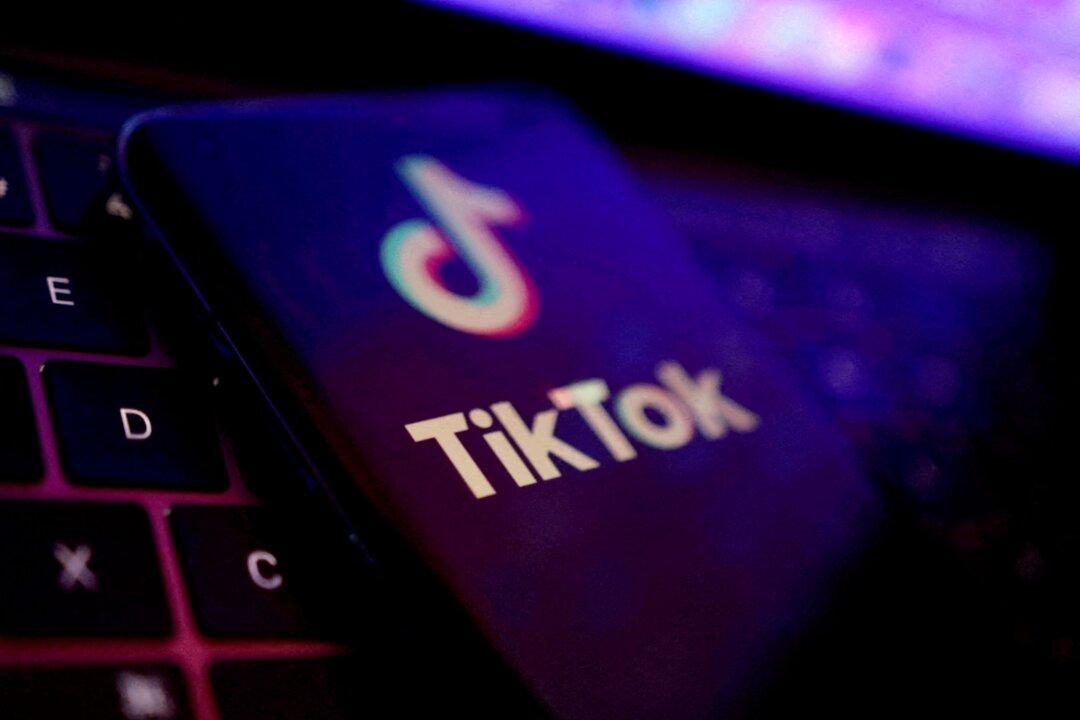The Australian government has banned the social media app TikTok from all government devices following a security review by Home Affairs Minister Clare O'Neil amid ongoing international concern.
The ban, which was announced on April 4 by Attorney General Mark Dreyfus, will prohibit any government-issued devices used by politicians and public servants from installing the social media app.




